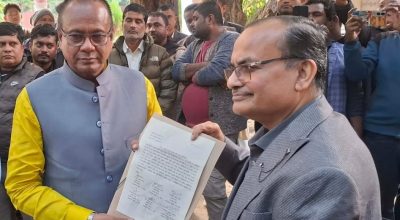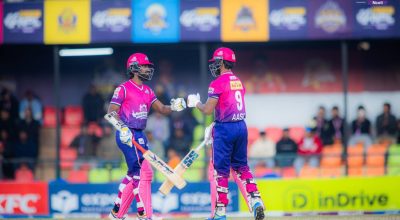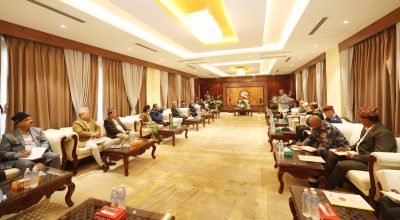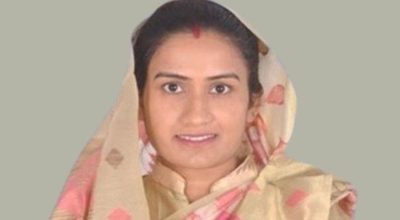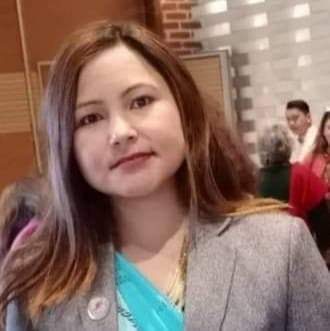
Kathmandu, Feb 24: Parliament is for lawmaking. But, the lawmakers are confined to ‘Yes’ or ‘No’ in the process of lawmaking. Most of them are unaware how bills are drafted and who draft these. I do not find any more role of lawmakers than saying ‘Yes’ or ‘No’ in forwarding bills and making laws.
It is what I realized as I entered the parliament as a lawmaker and attended the parliament and committee meetings. The drafts of the bills are prepared to suit ruling parties and government or the special group and individuals.
Not only parliament but also the voices of lawmakers go unheard. The complaints about problems facing people are unaddressed. The government’s responses to the issues surfaced during zero hour, special hour and urgent hour are not satisfactory.
There is poor accountability. It is worrying in deed that government remains mute when a lawmaker shows concern over problems in his/her constituency and of entire country.
The previous session of the House of Representatives was disrupted most of the time, thereby obstructing passage of several bills.
The opposition continued obstructing parliament. If the ruling parties deny the response to the queries by lawmakers, how can parliament function well? Even the opposition parties need to be constructive and creative.
Constant protest is unwarranted. The government failed to furnish convincing response on how investigations were going on in various corruption scandals plaguing the governance and system.
It is equally disappointing that big parties and top leaders are heard in parliament, while voices of small parties and new lawmakers are ignored. I have experienced it.
It is more pronounced in case of women lawmakers like me. The patriarchal mindset is entrenched even in parliament, which is contradictory because agenda of inclusion and equality are surfaced on the other hand.
I felt the discrimination in terms of religious faith, gender, ethnicity and age in the initial days of parliament. Belittling of certain groups as- ‘are these also lawmakers?’ could be seen and realized.
The discrimination against first timers is further alarming- the old ones quickly denigrate the new ones and youths. However, such mistreatment is declining gradually. Moreover, parliamentary committees were formed with much delay.
Although the meetings were convened under the leadership of senior most members, the effectiveness lacked utterly.
The committees however have gained pace lately. I am a member of the Infrastructure Development Committee and various subcommittees are formed under it. Regular discussions are going on with concerned ministry and bodies.
The field monitoring of the infrastructure projects is also going on. The Committee has been monitoring the parliament building, Gwarko flyover, expansion of ring road in Kathmandu Valley, and construction of Mid-Hill Highway in Koshi Province, among others.
I think the frequent change in government is one of major causes of protracted construction of infrastructures in the country.
The lawmaking should not be replicated but based on national context and need. Copy and pasting foreign laws can cause serious problems, including non-implementation.
(Lama is the lawmaker of Rastriya Prajatantra Party (RPP) elected under the proportional quota. She is parliamentary party whip of RPP. #Nepal





